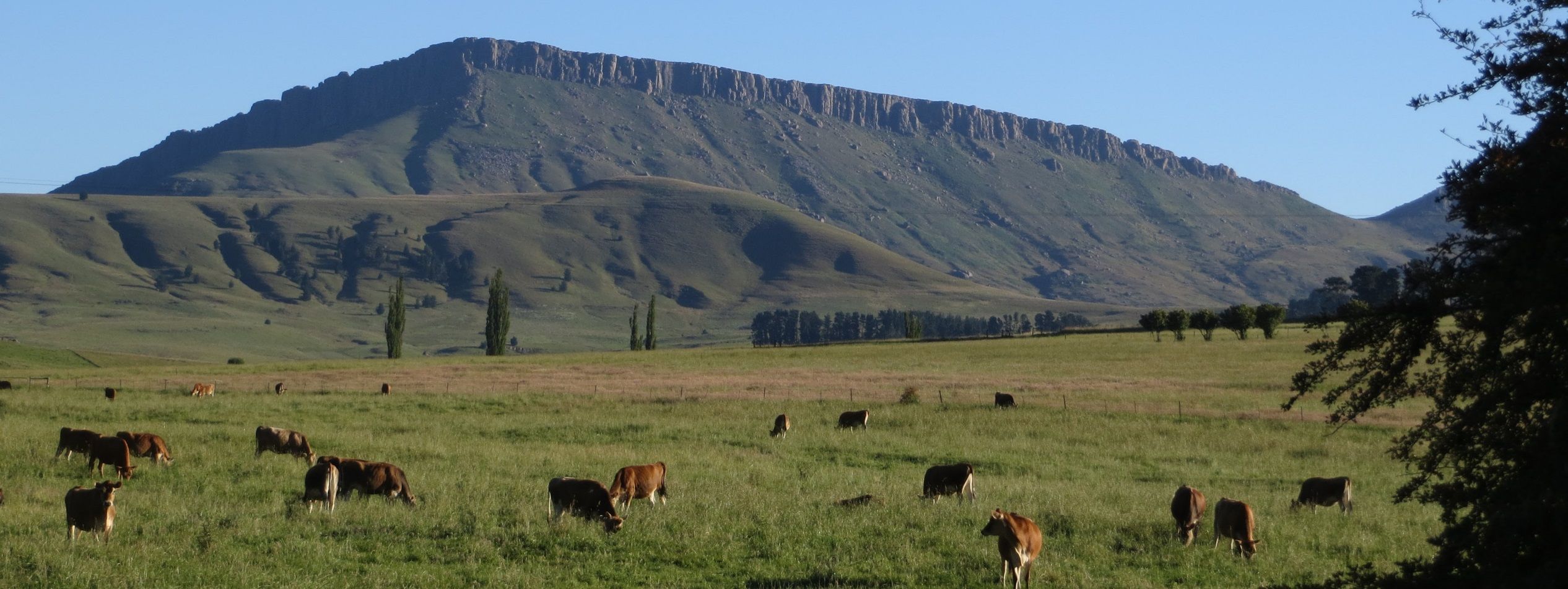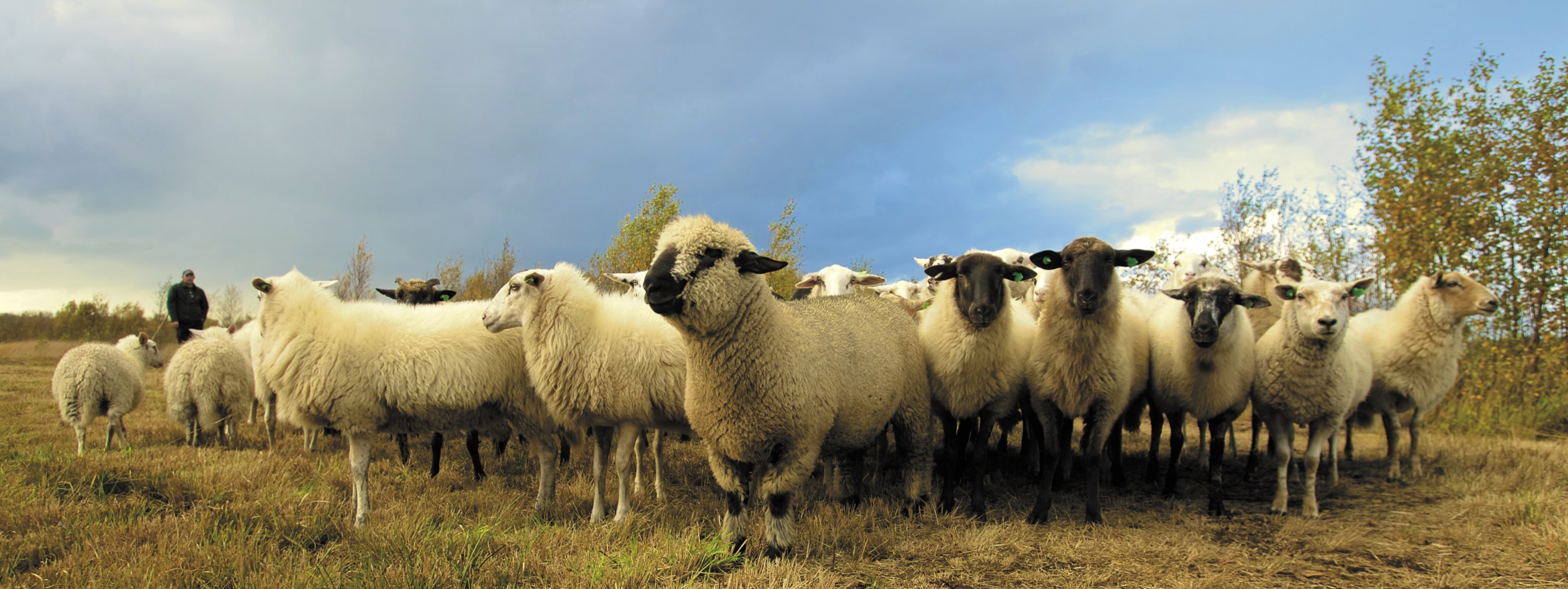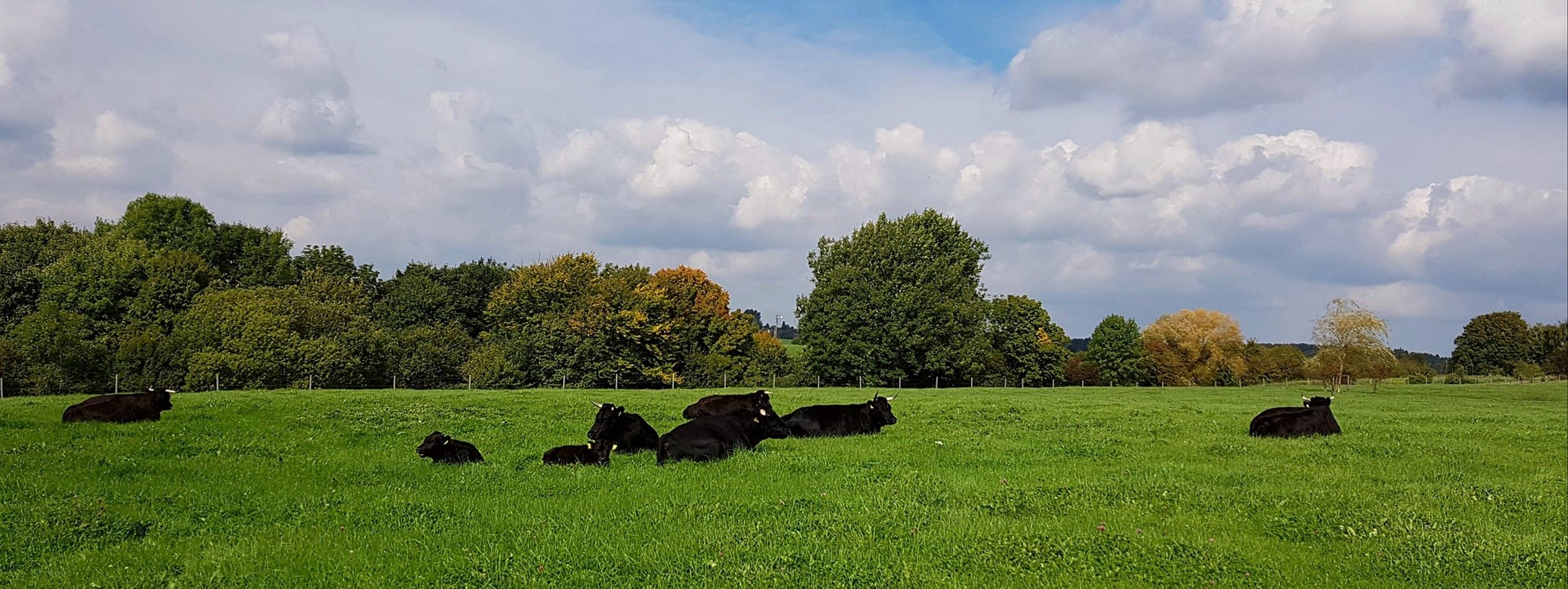My cousin recently described me as a pragmatist. Pragmatism is: An approach that evaluates theories or beliefs in terms of the success of their practical application1. I think that suits me very well. When considering the significant environmental challenges associated with agriculture, I believe there is way too much idealism going around. Idealism is: The unrealistic belief in or pursuit of perfection2. I much prefer to be a pragmatist.
It is widely agreed upon that current agricultural practices have a significant negative impact on the environment. This is especially true for agriculture which includes food production from animals. Loss of biodiversity, greenhouse gas emissions, inefficient water use and water pollution are all linked to animal production. There are numerous arguments for why we should not be eating animal products. The arguments which I have heard are based on the environmental impacts of animal production, or the welfare of animals. I will not address the animal welfare question, which has been discussed in other blogs on the Trace & Save website (e.g. Why farmers take care of their animals). In this blog I will focus on the environmental reasons. I understand, and agree that animal production currently contributes to environmental degradation and inefficient use of natural resources. What I do not agree with is the approach to the solution. There are two reasons I dispute completely stopping consuming animal products as a mechanism people propose for reducing and/or eliminating these impacts. The first is that these arguments are completely idealistic, and highly impractical to implement. The second is that they do not consider the economic and social goals of sustainability.
Let me pitch a scenario to you:
The whole world wakes up tomorrow and has completely lost their desire for any product associated with animal farming because of the negative environmental impacts associated with it. The lack of demand forces farmers to stop producing animal products, as there is no market for them. In this way, all negative environmental impacts associated with animal production are eliminated.
As far as I can tell, this is the basic premise behind people advocating for boycotting animal products. It is the simplified extreme, but this is the basic mechanism being proposed to reduce environmental impacts.
The idea is completely idealistic, and we all know that it will never happen. There are too many challenges associated with changing people’s beliefs, cultures and habits for this to be realistic. It is also highly impractical due to the absolute reliance placed on animal produce for so many things. We are not just talking about food. So if it will never happen that everyone gives up animal produce, what are we left with? A relatively tiny proportion of the population which have reduced the demand for animal products by the amount they previously purchased. The market has barely even felt this, especially taking into account that developing countries are increasing their demand for animal products. How is this really helping the cause of environmental protection and rejuvenation? Since I share the goal of the people advocating for reduced environmental impact, I often ask myself, am I blinded by my inability to give up animal products? My honest answer, most probably, yes. This kind of proves my point, with the goal of reducing environmental impacts from agriculture, we are not going to convince enough people to give up animal products to have a real impact.
I realise that some people may prioritise the environmental protection goal above the economic and social goals of sustainability, but I believe this is a grave mistake. In the scenario above, all animal production farms, as well as the industries associated with them, will have no place anymore. As much as there are arguments that they can all become associated with other types of agriculture, this is not always possible. Firstly, from an economic perspective, it would cripple most farmers if they had to completely change their production system, especially in a scenario where all their animals and technology supporting animal production no longer carry any value. An entire industry would therefore be removed. What effect would this have on a country’s economy? Secondly, from a social perspective, what would happen to these farmers’ and farm workers’ way of life. To many, farming and specifically the type of farming, is a way of life. This is not insignificant, and should not be belittled.
So what do I propose people can do to contribute to reducing the environmental impact of agriculture, because I definitely agree that the current level of environmental impact is unacceptable? I do not have all the answers, but some of the things which I advocate for are:
- Reduce the amount of animal products you use. This does not even need to be by eating less, although that also helps. We can make significant progress by just reducing waste. Makes sure that you utilise all of the food you buy. Overindulging on animal products is neither good for us, nor the environment.
- Support farmers who are implementing sustainable agriculture practices. There are a lot of farming practices, including on animal production farms, which actually contribute to mitigating environmental impacts. Support these farmers by buying products which are able to show that they are doing something about addressing environmental challenges.
- Use whatever influence you have to advocate for, and pressure farmers and food production companies, to address sustainability. Commercial farmers and large food processing companies will only change their actions if consumers begin to demand change, both through voicing their concerns, and not supporting companies that are ignoring the environmental impact of their products.
I really do believe we should be focussing on improving the manner in which animal production is done, focussing on supporting farmers which implement positive practices, rather than just blanketing the whole industry as terrible for the environment and writing it off. I do not believe this is going to have the desired long-term effect anyway, and in the end, nothing will have changed except for a handful of people who are able to say they are doing something for the environment. The conversation is a lot more nuanced than what I have stated here, and there is a lot of scientific evidence which is quoted from throughout the spectrum of where people find their opinions. As I stated, I do not have the decisive answers, but I think it is important to present an alternative perspective to the often dominant negativity towards all forms of animal production from environmentalists.
- A carbon footprint assessment for pasture-based dairy farming systems in South Africa - 2024-02-07
- What progress have farms participating with Trace & Save made over the past 10 years? - 2023-09-06
- Carbon footprint reduction over time: Lessons from pasture-based dairy farms in South Africa - 2023-09-04




